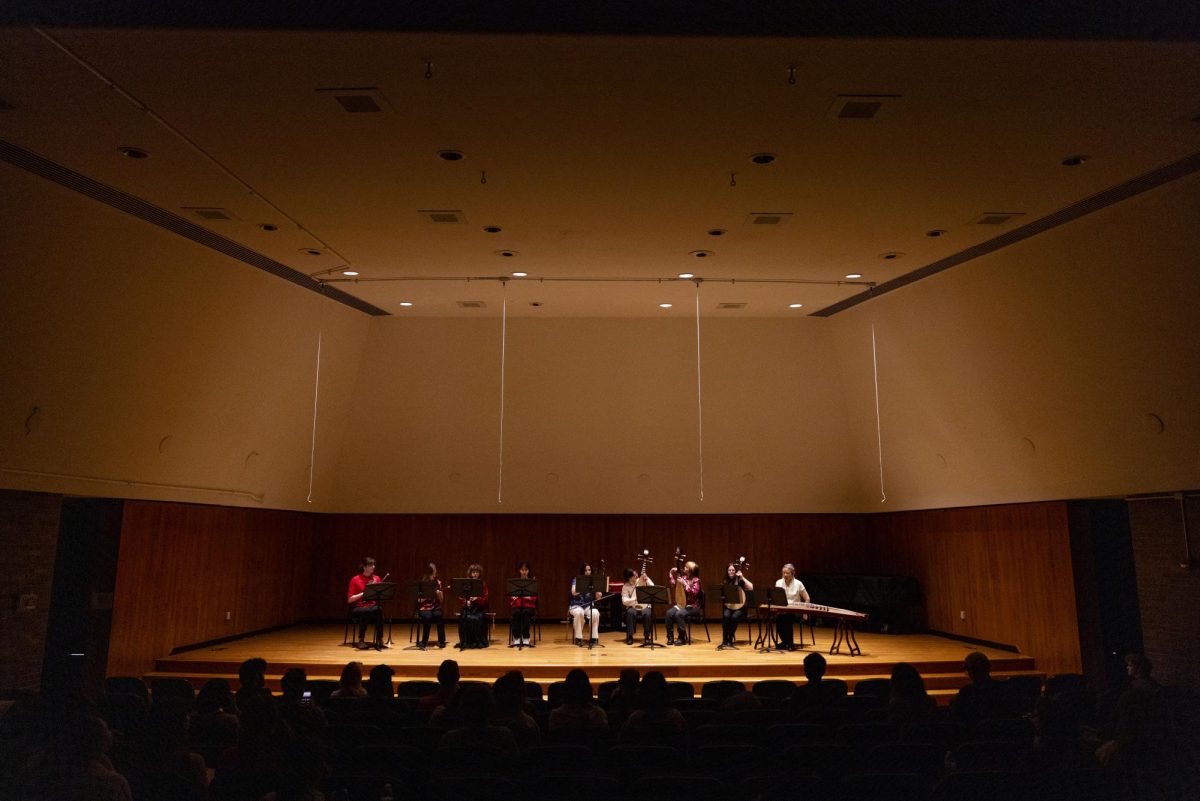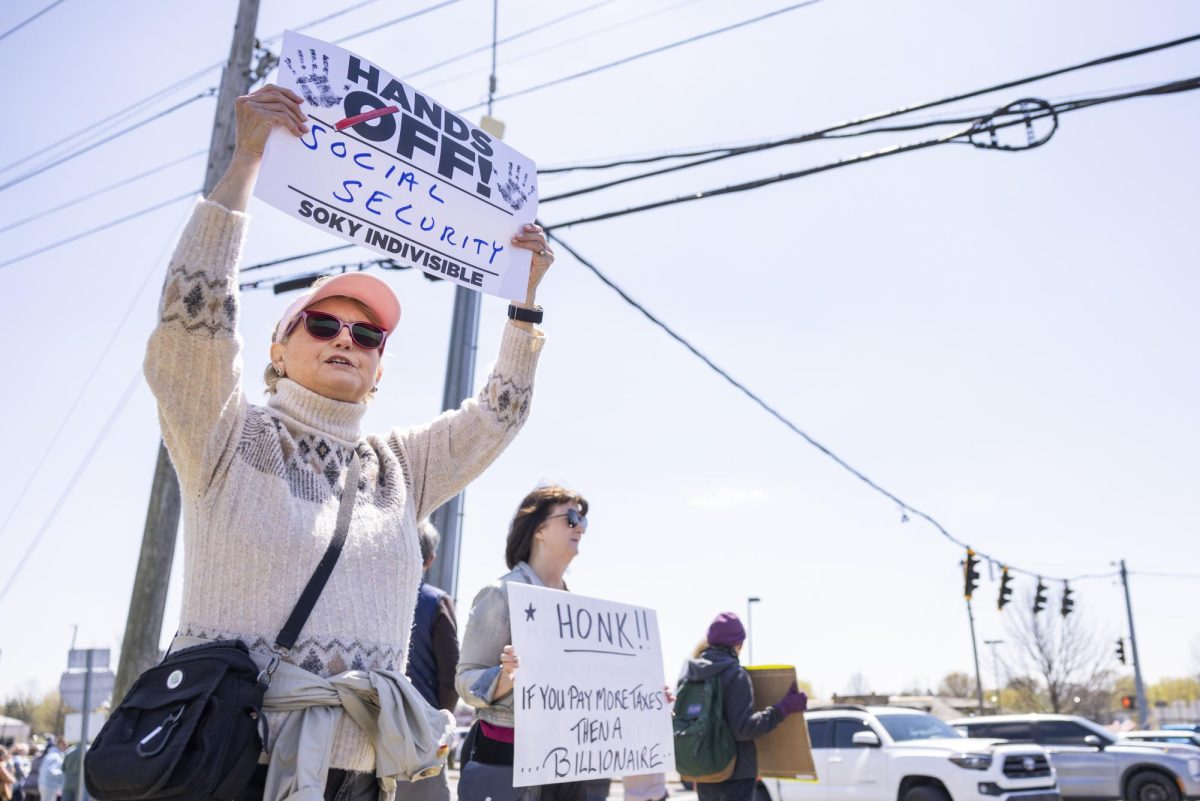Summit discusses ways to improve health access for refugees in Bowling Green
April 19, 2019
WKU and the International Center of Kentucky hosted the Refugee Health Summit at the Knicely Conference Center Thursday to discuss the needs of refugees in the community.
The summit was led by Michelle Reece, WKU public health professor, who is an immigrant herself— coming to America from Barbados in 1997.
“I’m black, but I’m not African American,” Reece said. “Do you understand the difference?”
She said just because people look alike does not mean that they are culturally congruent.
“We have to put a face to refugees, so that when we are treating persons, we are not just treating a disease,” Reece said.
Reece said understanding someone’s background and experience in refugee camps is vital to getting them appropriate access to healthcare services.
“When a person’s been in a refugee camp for 20 years trying to survive, they may not have been using Colgate toothpaste,” she said, adding that dental care is the number one recommended service to refugees.
Reece said she does not have the solutions, but she is willing to start the discussion and push the envelope. Many refugees cannot afford health care costs because they often have numerous health problems, and insurance can only cover one problem per visit to the doctor, she said.
“We have a dental hygienist school here at WKU. Maybe we could give students the opportunity to work on these person’s mouths, and talk to them, and see this issue in their community,” Reece said, proposing one way to give refugees more affordable health care.
James Cloud, a WKU medical student, said physicians don’t have the power that they used to.
“These problems need to be addressed at the policy level,” Cloud said. He added physicians need to know what refugees don’t know so that they are able to serve them better.
Reece said sometimes it takes up to two years from the time refugees are selected to come to the United States before they actually arrive. Then they have 90 days to learn the transportation and healthcare systems, which is a major cause of secondary stress on top of everything else, she said.
The summit brought in members from the International Institutes of Buffalo and Minnesota to share their successful models of helping refugees in the United States.
Sherrill Quinn, a medical case manager at the institute in Buffalo, said she advocates for refugees in the community and helps them navigate the healthcare system.
“I help them with transportation, setting up appointments, organizing themselves and communicating with their doctors,” Quinn said.
The summit addressed all kinds of health concerns, including the difficulty refugees have in getting mental health screenings.
“Sometimes refugees get here after being tortured,” Reece said. “A lot of times a mental health professional and a physician are treating the same person, but they are not communicating.”
She said this summit was all about starting the difficult conversation and forming a coalition of professionals to address these problems more holistically.
News reporter Jake Dressman can be reached at 270-745-6011 and jacob.dressman200@topper.wku.edu.
















